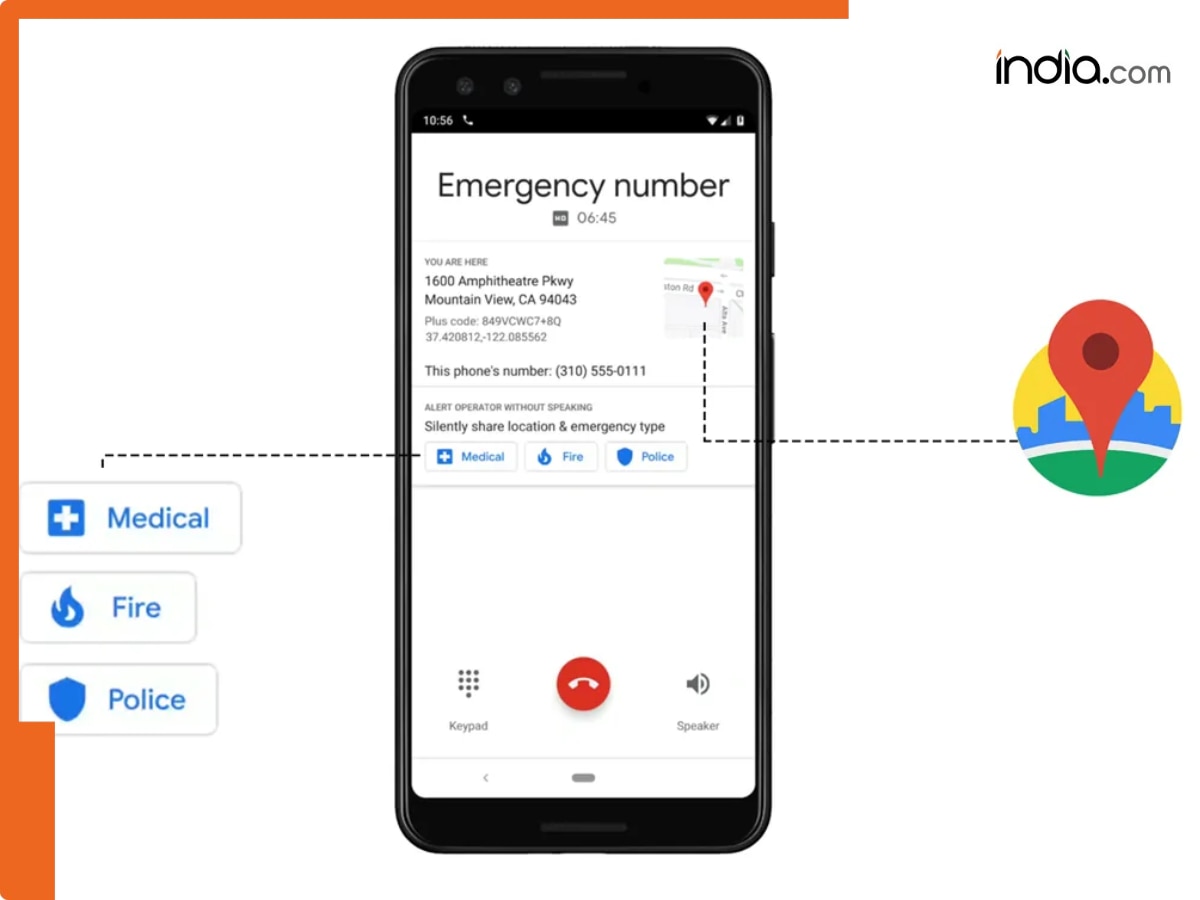Apple’s $1 billion bet on Google Gemini could redefine Siri’s intelligence – here’s what we know
Apple is reportedly set to pay Google $1 billion annually to integrate a custom Gemini AI model into Siri, marking a major leap toward advanced, privacy-focused voice intelligence.

Apple is expected to finalize a deal with Google to pay approximately US $1 billion per year for access to a custom version of Google’s latest large language model (LLM), Gemini. The version of Gemini to be used by Apple will reportedly have 1.2 trillion parameters, a significant increase from the approximately 150 billion parameter cloud model that Apple currently uses for its “Apple Intelligence” (executed today on-device and with a high privacy focus). That upgrade is for the planned major overhaul of Siri, internally known as “Project Glenwood” (alternatively, Linwood may be the name for the update, code-named Glenwood), which is slated for spring 2026.
Apple’s custom Gemini model will reportedly run on Apple’s own infrastructure (aka “Private Cloud Compute”) instead of Google’s servers, so data remains within Apple’s own servers.
Siri has been far behind competitors like Google Assistant and Amazon Alexa in multi-step task completion and general deep contextual awareness for some years now.
The news means that by tapping into a model of Gemini’s size, Apple is hoping to turbocharge Siri’s ability in a variety of key areas, including summarisation, planning functionality, deeper contextual awareness, and task completion across different apps in a more smooth, natural way.
The story also points to a pragmatic turn for Apple, which has been famously slow to leverage third-party systems at this scale (Apple typically avoids using cloud computing except for heavy-duty processing like large language models). Recognising that developing in-house at this level will take time, Apple is being pragmatic and building out a “bridge” to an external model (Gemini) while its own AI efforts continue to develop, likely targeting models with more than 1 trillion parameters.
Privacy, control, and strategic branding
In a “privacy first, always-on-device” company like Apple, a big question is of course “privacy”. How will Apple maintain its privacy-first, on-device messaging if it ends up using a model trained by someone else? The answer: where the model runs. Apple is reportedly making sure the data of end users is not all routed through Google. Instead, the LLM will run on Apple’s own servers and under Apple’s own control.
The other branding angle that will interest observers is the low-profile nature of the partnership. Apple reportedly is not telling consumers it is “buying Gemini”. The product, i.e., the Siri upgrade, will not be marketed as “Gemini inside Siri”.
So for consumers…?
If all goes to plan, expect a far more powerful Siri, a far more capable Siri with a much deeper level of understanding, and a much better ability to do things when the Apple Intelligence update (tentatively iOS 26.4 or similar) lands.
For the rest of the competition…
This ups the ante in the consumer AI assistant race: other platforms, including but not limited to Google, have been extremely aggressive with their own large language models and AI assistants in recent months. For consumers this likely translates into a faster pace of releases and new features across all major ecosystems.
This story also puts multi-trillion parameter large language models in the consumer devices mainstream: that is becoming a de-facto standard for a more advanced tier of consumer experience (large-scale models in the cloud), if Google, Microsoft, and Apple follow through.
The one thing to keep in mind: timing. This is very likely a stop-gap measure from Apple, which is working on its own large model internally. If it works, a future iteration of Siri (or Apple Intelligence, depending on what Apple decides) will be built in-house and free to fully customise the experience to Apple’s own vision.
What's Your Reaction?




















































